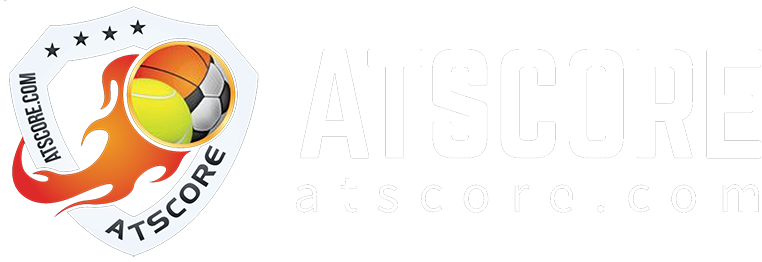In the wake of transformative changes in collegiate sports, St. John’s coach Rick Pitino has emerged as a vocal advocate for sweeping reforms. His recent propositions, made amidst a landscape rattled by legal challenges and shifting paradigms, focus on two main areas: the introduction of a salary cap in college basketball and a critical reassessment of the NCAA’s role and enforcement capabilities.
The Call for a Salary Cap in College Basketball
Pitino’s call for a salary cap comes at a time when the financial aspects of college sports are under intense scrutiny. Following the National Labor Relations Board’s (NLRB) groundbreaking decision to classify Dartmouth men’s basketball players as employees, the dynamics of player compensation have been thrust into the spotlight. Pitino proposes a structured salary cap, ranging from $1.5 to $2 million for major conferences, advocating for a level of financial regulation previously unseen in NCAA basketball. This cap, he suggests, should be flexible, varying across different conferences to reflect their distinct financial realities and competitive landscapes.
Pitino’s vision extends beyond mere numbers. He envisions a new structural hierarchy within college basketball, where financial equity and competitive balance are paramount. His proposal includes detailed mechanisms for contract management and oversight, ensuring that all agreements are transparent and within the set limits. This approach, he argues, would bring much-needed stability and fairness to a sport increasingly characterized by financial disparity.
NCAA’s Shifting Landscape and Legal Challenges
The backdrop to Pitino’s proposals is a collegiate sports world undergoing rapid and significant change. The NLRB’s ruling is just one piece of a larger puzzle that includes calls for a new tier of college sports by NCAA president Charlie Baker. This tier, aimed at wealthier schools, suggests the possibility of providing athletes with annual stipends through trust funds, recognizing their contributions and the revenue they generate.
Furthermore, the Big Ten and SEC, two of the wealthiest conferences in college sports, have formed a joint committee to discuss the future of collegiate athletics. These developments, along with a series of lawsuits challenging NCAA rules on transfers and NIL (name, image, and likeness) deals, signal a shift towards more professionalized and financially transparent college sports. Pitino’s commentary fits into this evolving narrative, advocating for a model where athletes are treated more like professional players, with binding contracts and clearer financial arrangements.
Pitino’s Critique of NCAA Enforcement
A significant aspect of Pitino’s discourse is his critique of the NCAA’s enforcement arm. In an era where NIL compensation and athlete transfers are becoming increasingly complex, Pitino questions the efficacy of the NCAA’s traditional methods of governance. He argues that the current system is outdated and unable to cope with the modern realities of college sports, particularly in light of frequent legal challenges and the evolving nature of athlete rights.
Pitino’s perspective is shaped by his extensive experience in collegiate basketball, including navigating controversies and NCAA investigations. He highlights the challenges of building and maintaining a consistent program culture in an environment where player movement is fluid, and NIL deals add layers of complexity. This, he asserts, is indicative of a broader issue within collegiate sports – the need for governance that is adaptable, fair, and in tune with the realities of modern athletics.
In summary, Rick Pitino’s vision for the future of college basketball is one of radical reform. By advocating for a salary cap and critiquing the NCAA’s current enforcement strategies, he is calling for a shift towards a more equitable, transparent, and professionally oriented collegiate sports environment. His proposals and critiques open up a crucial dialogue about the future of college sports, one that is likely to continue evolving in the face of legal, financial, and cultural shifts in the world of collegiate athletics.

 at
at 








